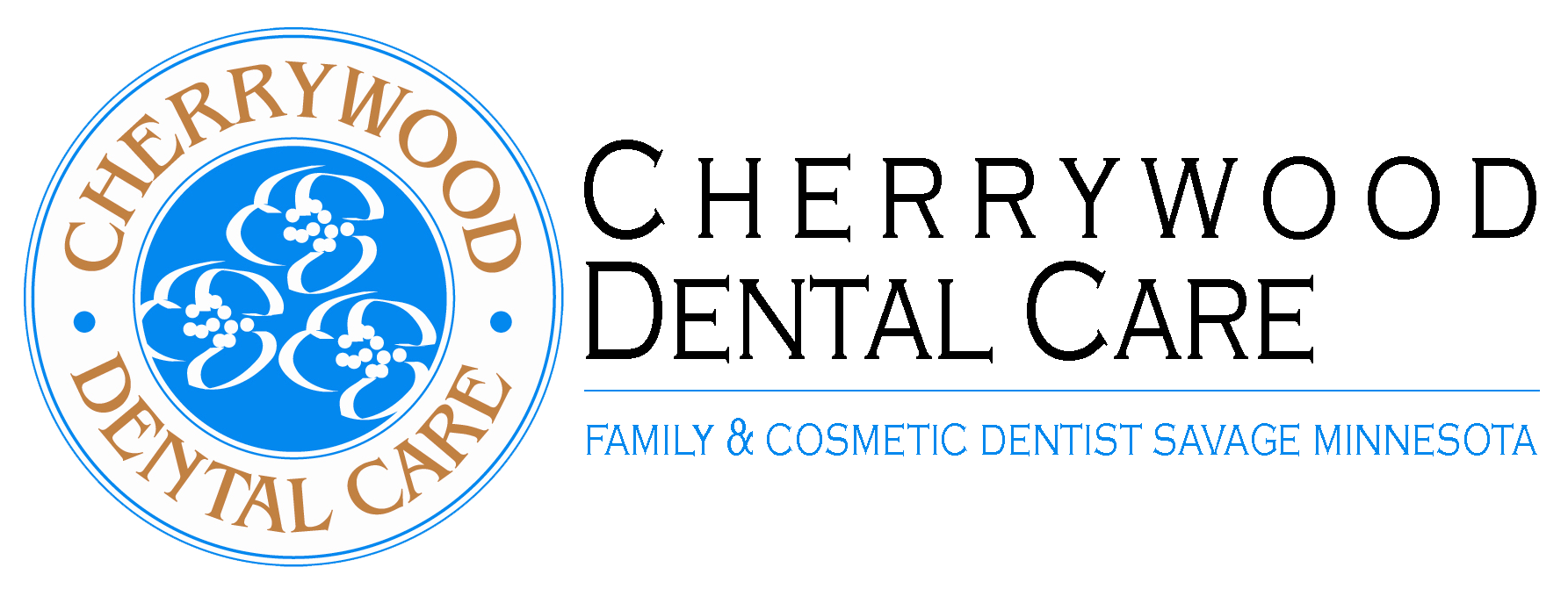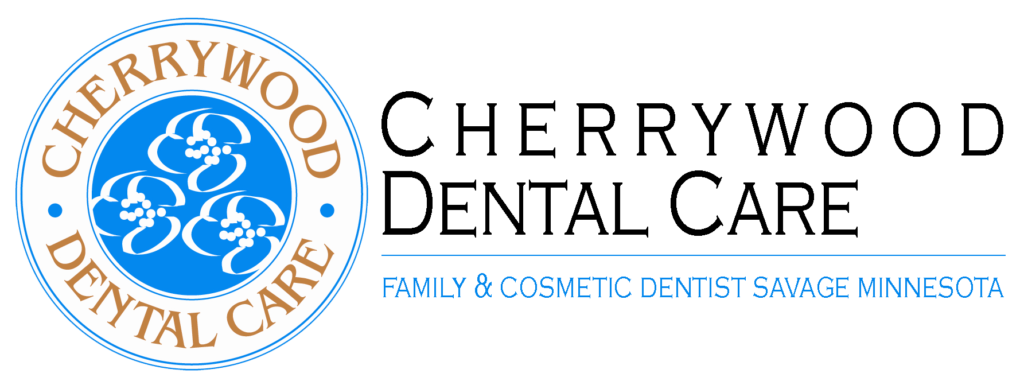Gums Healing After Deep Teeth Cleaning
Healing after a deep teeth cleaning focuses on helping your gums recover and regain their health via a gradual process. This kind of cleaning reaches down beneath the gumline to remove plaque, tartar, and bacteria that can all contribute to gum disease. Your body starts to heal the soft tissue that supports your teeth.
Some gum tenderness during the first day or two is common. Your teeth may feel more sensitive than usual, and your gums may feel a bit puffy or tender. As inflammation lessens, your gums start reattaching to now smooth and bacteria-free surfaces of teeth that are without plaque and tartar buildup. This reattachment signals that healing is underway.
Minor bleeding may occur when you brush or floss as you heal. It often improves itself when the inflammation subsides. Even though your gums are tender, you should keep up with your oral hygiene routine. Use a soft-bristled toothbrush for keeping the area clean and for supporting healthy healing, and follow your dentist’s aftercare instructions.
To deal with discomfort or sensitivity, your dentist might suggest saltwater rinses, desensitizing toothpaste, or an antimicrobial mouth rinse. Nonprescription pain-relieving medication might be helpful for the initial days after the procedure. Very hot, cold, or spicy foods should be avoided to minimize irritation.
Deep cleaning helps stop and even reverse gum disease; it might make your gums even look healthier with reduced swelling and redness. You may notice that your gums bleed less or even stop bleeding altogether.
If your gum disease has left deep pockets between your teeth and gums, the dentist may schedule a follow-up appointment to measure how those pockets respond to treatment. The pocket depths will shrink when inflammation resolves itself as a result of the removal of bacteria, plaque, and tartar. Going forward, it will be easier for you to maintain cleanliness and prevent further gum issues.
Healing time may vary subject to several factors. It is important you follow post-treatment care instructions. If your gum disease was mild to moderate, your mouth may be fully healed in just a few weeks. You may need additional treatment if your gum disease is more advanced.
How your gums heal after a deep cleaning is determined by your daily habits. Long-term gum health strengthens if you regularly floss, brush twice daily, and stay away from tobacco. Your gums can recover fully if you are consistent with these habits.
The results of your deep cleaning can last a long time if you are able to maintain your regular dental appointments, and your at-home care is maintained in a consistent manner. At each visit, your dental team will evaluate progress plus will help you to make adjustments that are needed for keeping of gums in good condition.
If you have more questions about deep teeth cleaning or how it could work as a part of your treatment plan to achieve better dental health, make an appointment with the dentist to see if deep cleaning can help you.

